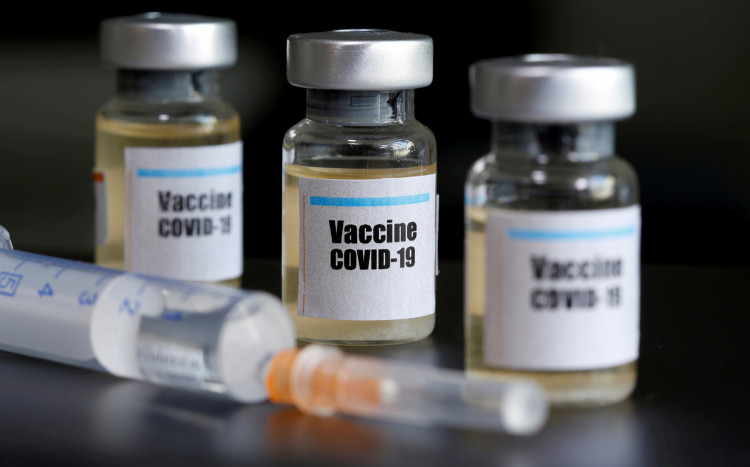The number of asymptomatic people or those who carry the virus without any symptoms is far greater than what was believed. Two separate studies have looked into the number of asymptomatic cases and the correlation with how the virus spreads.
The studies highlight how people should really be extra careful and follow the social distancing measures imposed by health experts. The studies can also highlight how wearing masks should stay as a requirement until the world is free from the virus.
Dr. William Shaffner, an infectious disease expert at Vanderbilt University Medical Center in Nashville, said the result of the studies is significant given that simply exhaling can send out viral particles.
"Many people still haven't grasped the notion that asymptomatic people can be so common, and they wonder why it is they have to wear the mask when they're feeling well, or why they have to keep doing this social distancing stuff," Schaffner said.
One of the studies, the one published in JAMA Network Open, found that 42% of cases in Wuhan, China were asymptomatic. For this study, researchers examined 78 patients who were COVID-19 positive. The team found that 33 of these people had no symptoms. Of them, there are more women who are aged 20s, 30s, and early 40s.
The second study, published in Thorax, examined 217 people on an unidentified cruise ship bound for Antarctica. This ship set sail in Mid-March, only weeks after the World Health Organization categorized the coronavirus, first detected in China in December 2019, as a pandemic.
The study found that 80% of COVID-19 patients on the ship were asymptomatic. Of the 217, 59% tested positive. But of 59%, only 19% had symptoms. The ship would have traveled around the Antarctic Peninsula and over to South Georgia Island in the south of the Atlantic ocean if not for many passengers turning up positive.
Elsewhere in the world, the fear of asymptomatic cases becomes the reason why many governments are hesitant to lift lockdowns. The fear is apparent in countries where there are no fundings for mass testing on top of weak health care systems.
In the Philippines for instance, people are calling for government officials to prioritize mass testing before lifting strict quarantine measures. The developing nation is easing back to reopen the economy even with the number of cases still on an upward trend.
On the other hand, Britain will commence mass testing and contact tracing. The country, which has among the highest cases and deaths in the world, will ask COVID-19 patients to list everyone they have contact with. These people will be required to isolate themselves for 14 days.





